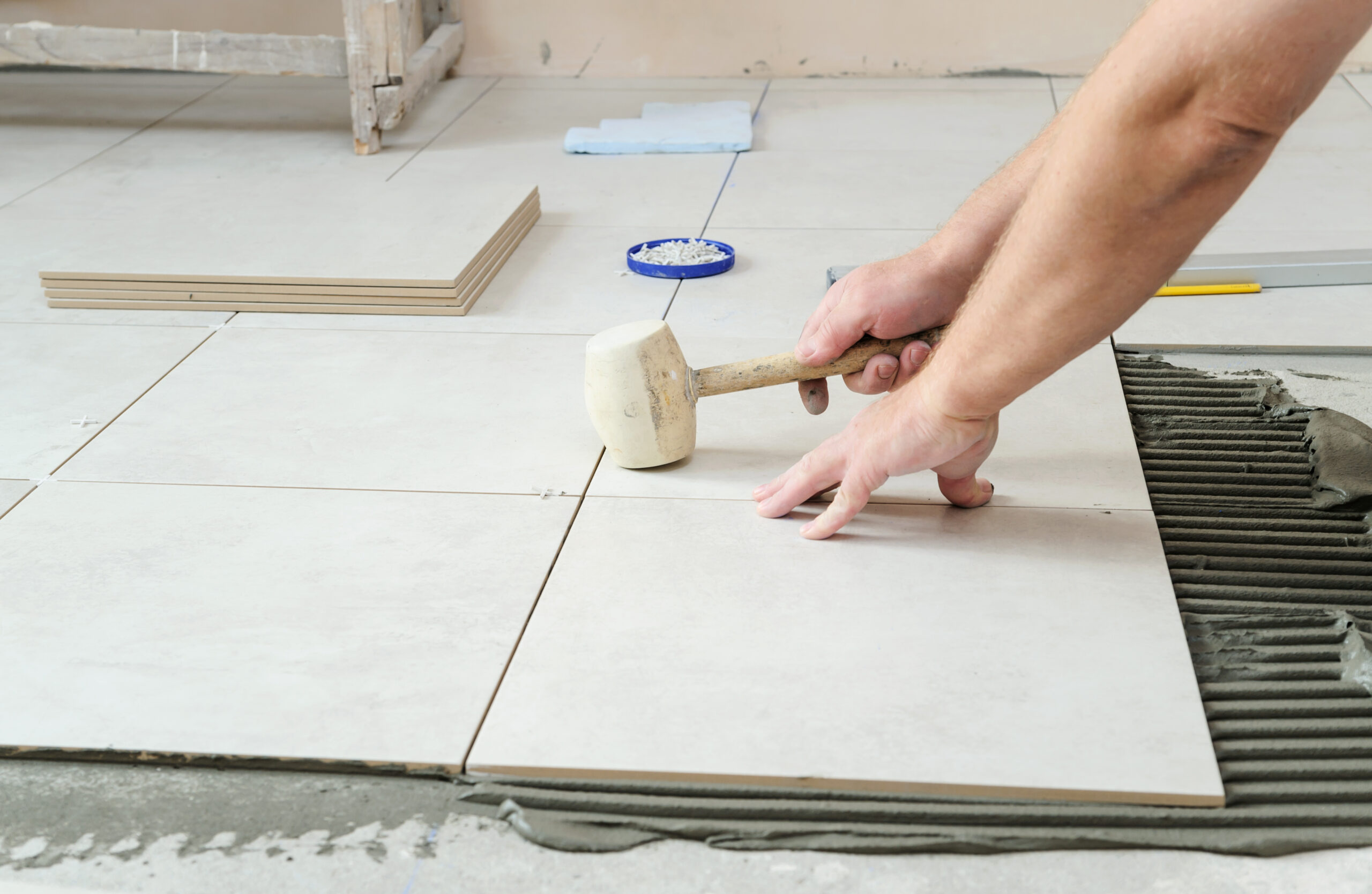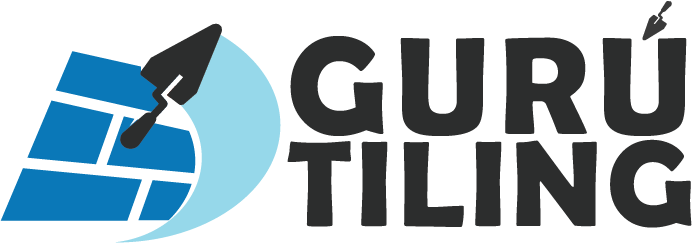
Waterproofing your shower is one of the most essential parts of a modern bathroom renovation. A poorly waterproofed shower can result in leaking showers, structural damage, mould buildup, and costly repairs. As waterproofing services continue to evolve in Australia, particularly in cities like Perth and Melbourne, understanding your options is key. In this guide, we’ll explore the best types of waterproofing for showers, explain how it aligns with Australian Standards, and help you choose the right solution whether you’re a homeowner or a tiling contractor.
Why Shower Waterproofing Matters
Shower waterproofing is more than just an add-on—it’s a critical step in protecting your home from water damage. Waterproofing membranes, proper screeding, and expert tile installation ensure that moisture stays out of places it doesn’t belong. Especially in wet areas like Perth, where bathroom waterproofing is legally mandated by the National Construction Code and Australian Standards AS 3740, correct waterproofing can be the difference between a durable bathroom and expensive structural issues.
Types of Waterproofing Membranes
1. Liquid Membrane Waterproofing
This is one of the most commonly used waterproofing types in Australia. Applied like paint, the liquid cures to form a seamless rubber-like barrier. It’s ideal for:
- Complex shapes
- Small bathrooms
- Indoor wet areas
2. Sheet Membrane Waterproofing
Sheet membranes are pre-manufactured rolls made of bitumen, PVC, or polyethylene. They are ideal for large surfaces and offer high strength against water ingress. Tiling contractors often use these in large commercial or residential waterproofing projects.
3. Cementitious Waterproofing
Commonly used on balcony repairs and external wet areas, this method combines cement with waterproof additives. It’s strong and durable but not as flexible as liquid membranes.
Importance of Professional Installation
Whether it’s a bathroom renovation tiling job or regrouting services for an existing shower, only licensed tilers in Australia are legally allowed to perform waterproofing in most states. Hiring experienced tiling contractors ensures the membrane is applied properly, especially around wall & floor junctions, niches, and drains.
A certified contractor can also provide guarantees and help ensure your waterproofing complies with Australian Standards.
Signs You Need to Waterproof Your Shower
- Cracked or missing grout
- Damp smells or visible mould
- Tiles lifting or becoming hollow
- Stains on walls or ceilings adjacent to the shower
These signs often indicate leaking showers or membrane failure.
Cost Breakdown: Waterproofing a Shower in Australia
The cost of waterproofing varies depending on bathroom size, membrane type, and region. In cities like Perth or Melbourne, expect:
- $500 – $1,200 for standard liquid membrane installation
- $800 – $1,500 for complex or luxury bathrooms
- Extra charges for tile screeding, self-levelling, or balcony leak repair
Choosing the Right Waterproofing Service
When choosing a waterproofing contractor:
- Check they are licensed and insured
- Ask for examples of past work
- Make sure they offer warranty and comply with local codes
- Compare service options and pricing transparently
Final Thoughts
Investing in professional waterproofing isn’t just about preventing leaks—it’s about safeguarding your home’s structure and value. Whether you need residential/commercial tiling, bathroom renovation tiling, or complete waterproofing services, understanding the different types of membranes and methods helps you make a confident decision.
Need help with a project in VIC or Perth? Contact a trusted contractor like Guru Tiling to ensure your shower is protected for years to come.
Target Keywords Recap:
- waterproofing services
- shower waterproofing
- bathroom waterproofing VIC
- tile installation
- Perth waterproofing
- regrouting services
- screeding
- tiling services VIC
- balcony waterproofing
- waterproofing Perth
- leak detection
- licensed tilers in Australia


